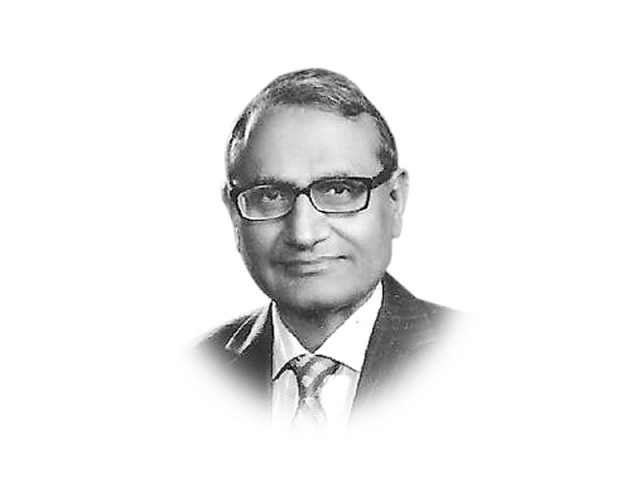Health and education not priorities in Punjab
A perusal of the Punjab budget 2014-15 belies the statement made by the chief minister

Take the case of health first. In social sectors, non-development expenditure is as important as the development expenditure. We will thus look at the total expenditure. Total allocation for health in this year’s budget was Rs73.2 billion. This looks like a hefty sum, but is not quite, given the size of the total budget. It is only 5.4 per cent of the total budgetary expenditure. It is also the lowest compared with all other provinces. The highest allocation was in Balochistan at 9.9 per cent, followed by Khyber-Pakhtunkhwa (K-P) at 7.9 per cent and Sindh at 7.3 per cent. In absolute terms, the expenditure on health has nearly doubled from Rs37.4 billion in 2009-10 to Rs73.2 billon in the present budget. Interestingly, the expenditure on health in 2009-10 was eight per cent of the total budgetary expenditure. The comparable figure at present is 5.4 per cent. Now the year 2009-10 was the year just before the Seventh National Finance Commission Award, 2010. Under this Award, Punjab’s effective share was slightly lower than before due to the abandonment of the single factor criteria of population, but the sizeable overall increase in the provincial share in the divisible pool of taxes led to a substantial rise in resource availability for Punjab. It seems, however, that the enlarged resource envelope has actually led to a lower share of health in the total budget. Within the lower relative share, the traditional dominance of tertiary health and an urban bias remain.

Education fares worse than health. In the 2014-15 budget, the share of this sector was 19.7 per cent, substantially down from 29.2 per cent in the revised budget of the previous year. Again, Punjab was a poor third, compared with 30.1 per cent in K-P, 21.9 per cent in Balochistan and 18.8 per cent in Sindh. With more than half of the out-of-school children in the country hailing from Punjab and the obligation to fulfil the requirements of Article 25-A of the Constitution, one would expect the largest allocation in the education sector budget for the sub-sector of primary education. This was the case until 2012-13 when the share of primary education was 43.7 per cent in the total expenditure on education. The position changed in the subsequent year when the share, though still the largest, was reduced to 41.3 per cent. The reason was a 38.7 per cent jump in the secondary education budget. In the current year’s budget, secondary education has overtaken primary education in absolute terms. While the share of primary education has declined further to 39.8 per cent, that of the secondary education stands at 43.1 per cent. In the budget documents, the head of primary education seems to have been submerged under school education. This lumping hides the fact that the development expenditure on primary education is not more than a billion rupees!
A document called ‘Citizens’ Budget’ has been published after the budget. It reads more like a commercial than seeking meaningful citizens’ participation in prioritisation.
Published in The Express Tribune, November 14th, 2014.
Like Opinion & Editorial on Facebook, follow @ETOpEd on Twitter to receive all updates on all our daily pieces.















COMMENTS
Comments are moderated and generally will be posted if they are on-topic and not abusive.
For more information, please see our Comments FAQ